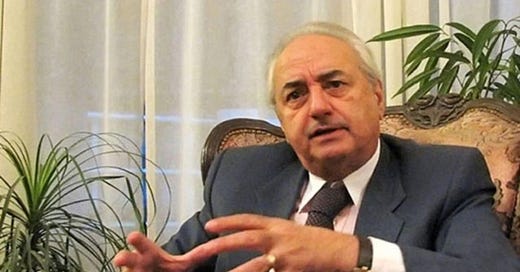America's role in ending the Iran–Israel war
The path forward for the Islamic Republic and the Middle East following the outbreak of the Israeli-Iranian war
Fereydoun Majlessi, Jahan-e Sanaat (Industrial world), 16 June 2025
The current Iran-Israel war will eventually end. This may lead to a ceasefire, a cessation of hostilities, or a lasting compromise. The longer the war continues, the more complicated the situation will become, and the more costly it will be to return to the situation that existed before the war. The human cost will never be repaid.
Israel has cited the threat posed by the Islamic Republic as the main motivation for launching its attacks. The Islamic Republic's slogans and actions aimed at erasing Israel from the map, particularly its support for groups such as Hezbollah, Hamas, Syria and the Houthis, have caused great concern in Tel Aviv. Additionally, there are concerns that an agreement between Iran and the United States, which does not take Israel into account, could present an opportunity for the Islamic Republic, whom Israel considers to be a serious threat.
In this regard, Israel launched a surprise pre-emptive attack against Iran's strategic and humanitarian targets, especially after the International Atomic Energy Agency's Board of Governors condemned the Islamic Republic and amid concerns that Iran was close to building a nuclear weapon. Perhaps Israel believed that it was unlikely the Islamic Republic would be able to respond quickly and destructively after such a major blow. However, the Islamic Republic had already made preparations and responded immediately with drone waves and ballistic missiles. In response to the damage caused by passing through the Iron Dome, strikes were also launched against the country. Continuing the war would only add to the scale of destruction and human casualties on both sides.
Although Israel was concerned about the separate agreement between Iran and the United States, the latter has never denied or forgotten its support for Israel's existence. The invitation from the US to continue negotiations remains.
At Israel's insistence, the US called for the destruction of Iran's uranium enrichment facilities. However, given the current circumstances, it will take a long time to repair the damage to the surface facilities at Natanz and Fordow. Furthermore, the formation of a consortium of countries in the region with nuclear power plants in operation or under construction, under the direct supervision of the International Energy Agency and no longer under Iran's absolute control, is now more likely to be considered. Ultimately, the only way to stop the current war is for the three major world powers — the United States, China and Russia — to intervene. These three countries could pave the way for an end to the conflict and a return to the negotiating table. If this process succeeds, sanctions can be lifted and Iran can return to the international trade arena, helping to repair the damage and rebuild the country.




